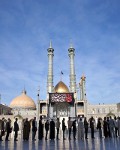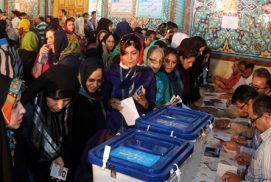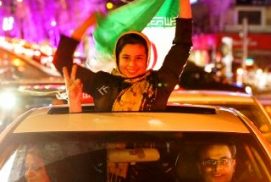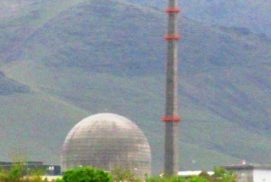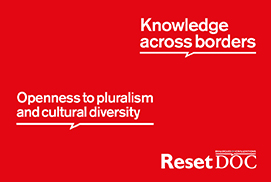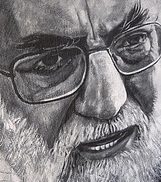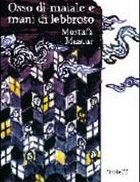7 March 2016
Unlike what many may think, elections in an illiberal country like Iran are not only a political show. Their outcome serves as a test of strength among Iran’s competing power centers. Over the weekend, the Iranian people went massively to the polls to elect members of the Islamic Consultative Assembly, the parliament, and the 88 members of the Assembly of Experts, which is in charge of selecting the next supreme leader to replace Ayatollah Ali Khamenei. This was the first time that the two political bodies were elected simultaneously.


